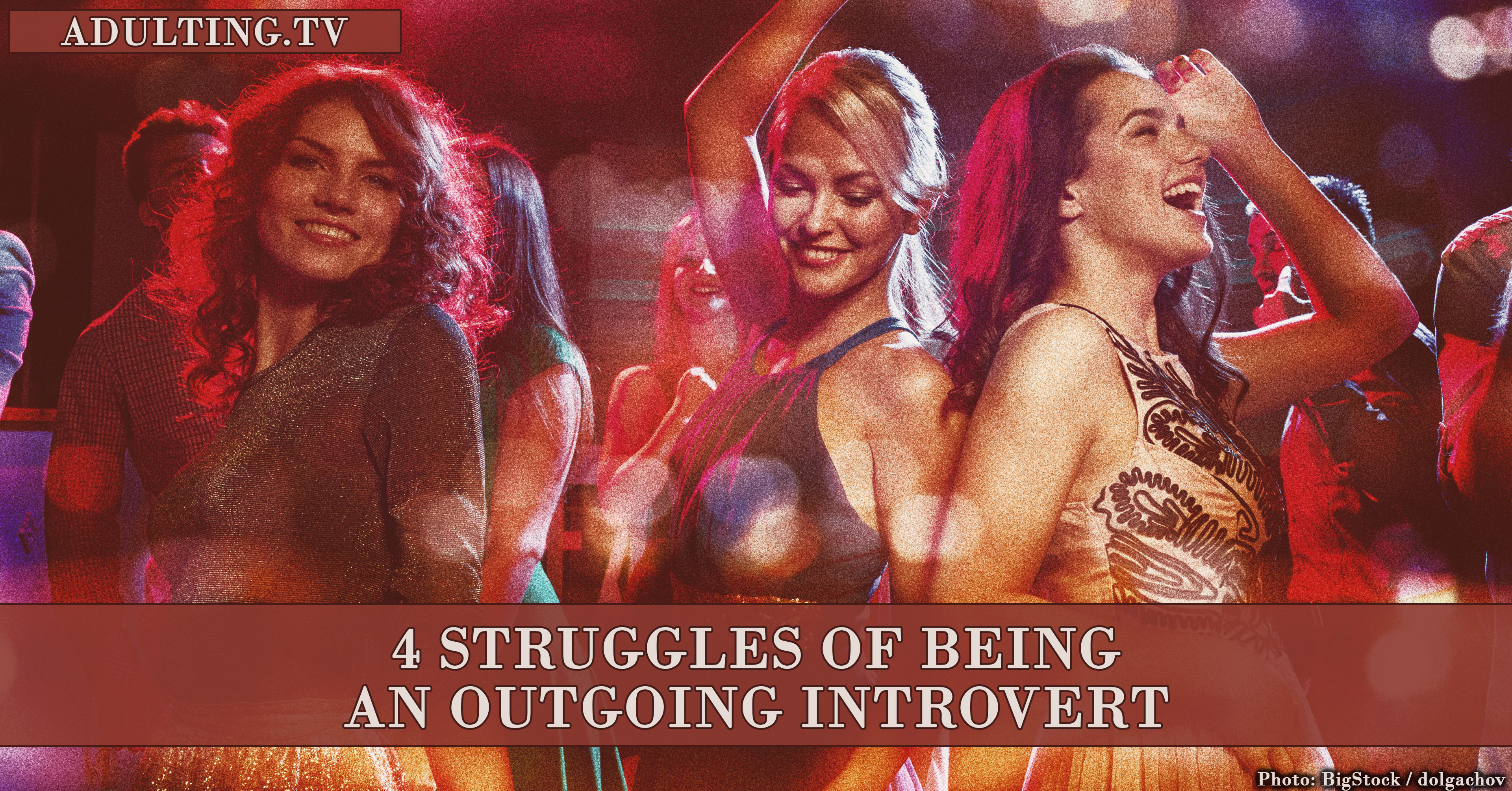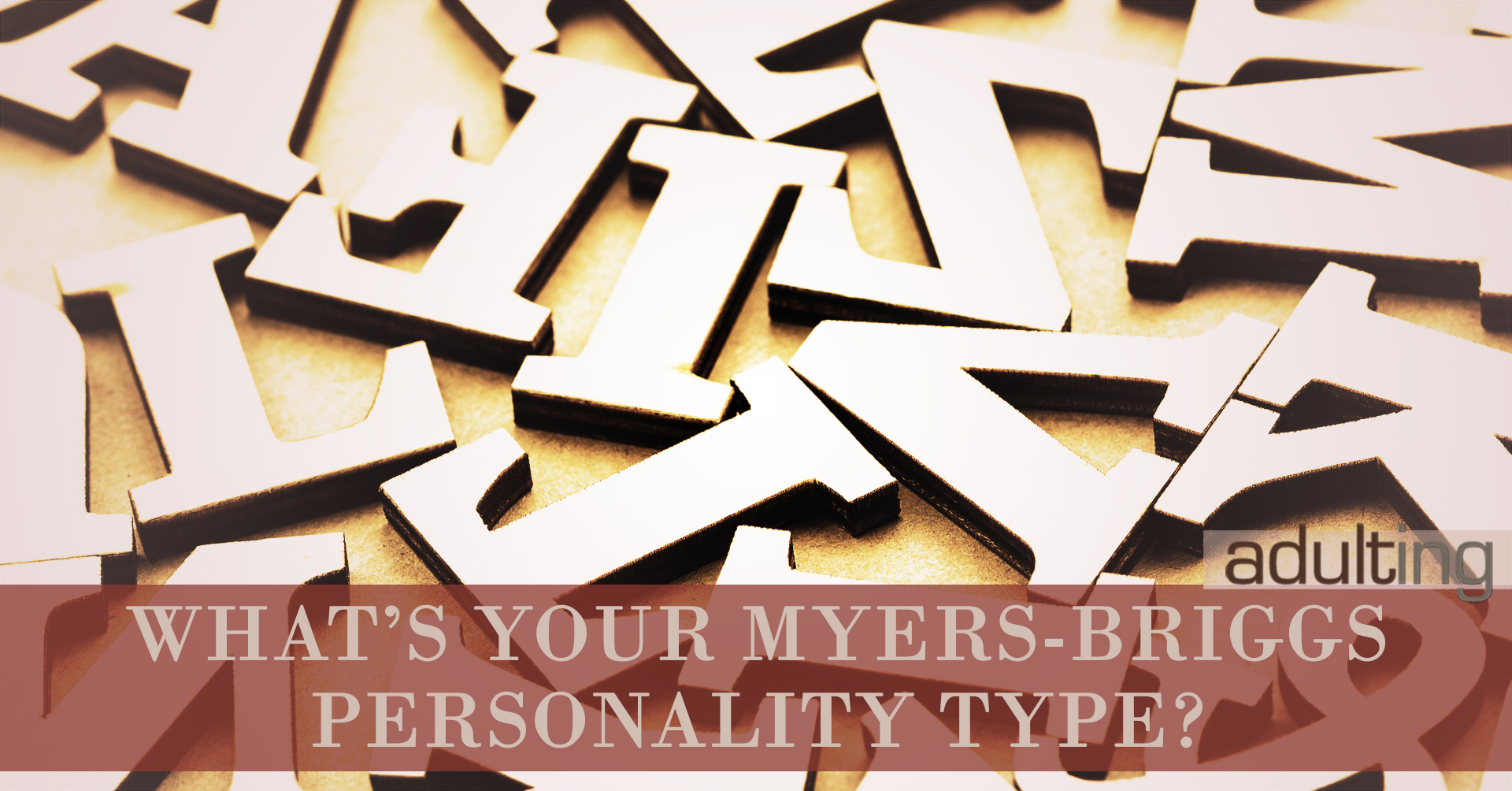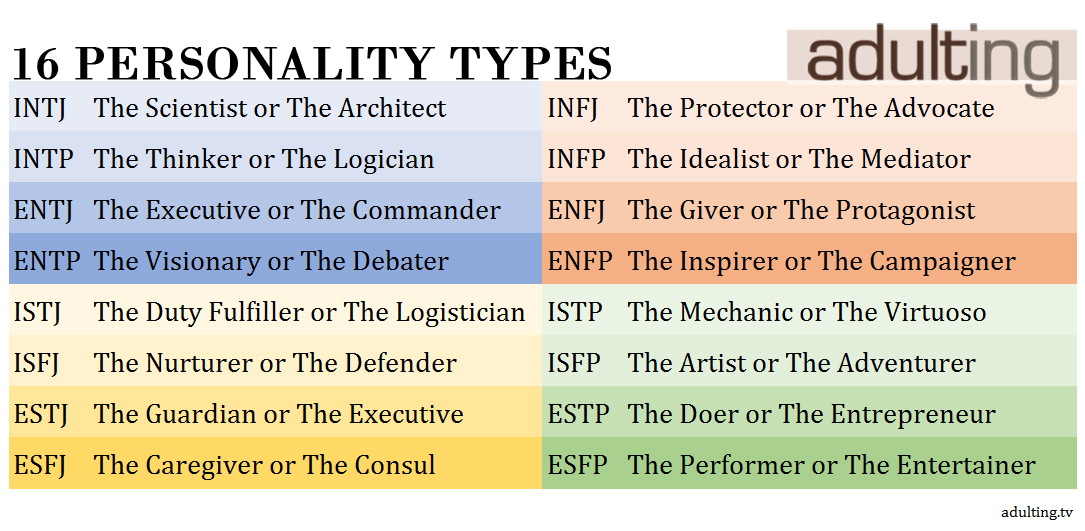This article was written by Zina’s husband Sam Leffers. He has experience with the challenges that come when you’re an outgoing introvert.
Do you ever crave social interaction while alone, and alone time while socializing? Do you look forward to parties or events, only to end up leaving early? Do you constantly swing between being a rock star and a party pooper?
Don’t worry, there’s nothing wrong with you – clinically, at least. You’re just a walking, talking contradiction. You fit the confusing archetype known as the outgoing introvert.
How can an introvert be outgoing?
Telling someone you’re an introvert can be a gamble. You might get lucky and meet someone who understands the distinction. But more often than not you’ll be labeled as shy, quiet, or downright antisocial.
Most people don’t understand introversion. The term has been around for nearly a century, but it’s often confused for social anxiety or misanthropy – something that annoys introverts to no end.
In reality, introversion has nothing to do with a fear of crowds or a distaste for others. It’s entirely about energy consumption and replenishment. An extrovert gains energy from interacting, socializing and being around people, while those same actions can leave an introvert drained. An introvert recharges by spending time alone, where an extrovert just loses steam.
That distinction is pretty cut and dry, but almost nobody fits completely into one camp or the other. Like most psychological traits, it falls on a spectrum. Some people lean almost completely towards one side or the other, while some land directly in the middle.
While introverts may need a little more “me time,” they absolutely can and do enjoy interacting with others. That’s where the struggle of the outgoing introvert begins.
You want to be with people and alone at the same time.
Imagine that right now, this instant, you became lactose intolerant. Maybe you don’t have to. Would you stop enjoying the taste of ice cream? Of course you wouldn’t. Being intolerant to lactose doesn’t change how the rocky road tastes. But you’d be dealing with a world of pain if you ate too much.
It’s the same for an outgoing introvert. They may want nothing more than to hang out at the bar with their friends, but they’ll be dealing with more than just an alcohol hangover the next day.
If they stay in, they’ll spend the whole night wondering how much fun everyone else is having. They constantly have to gauge when they’ve had enough socializing and need to go home. If they stay out past that time, it’ll be worse than when Cinderella broke curfew.
No one believes you’re an introvert.
When you tell the average person to imagine an introvert, they’ll conjure up images of social misfits, shy bookworms, and anxious wallflowers. Believe it or not, an introvert can be a natural leader, the life of the party, or a class clown.
If someone in this position tells a friend or coworker they need some space, they’ll probably be met with one of the following:
“You can’t be an introvert. You’re so friendly!”
“You don’t need to be alone, that’s depressing! Let’s grab a coffee to cheer you up.”
“Are you sure? Jane is an introvert, and you guys are nothing alike.”
This leads to a lot of hiding out in storage closets, searching for secret lunch spots and leaving through the back door at parties.
Such is the life of an outgoing introvert. Other introverts who are less social might scoff at your ability to be comfortable around groups of people while claiming to be an introvert.
You constantly need to enforce boundaries.
If you’re an introvert, you’re probably also a good listener. That makes you a magnet for people who like to gab, gossip and hang out. If you also like to socialize, you’ll probably end up meeting a lot of extroverts who feel drawn to that open-eared charm.
That’s not always a good thing.
It’s great to make new friends, but introverts tend to have a lower threshold for how many relationships they can take on.
Their actions may be confusing and contradictory to some – charming and conversational in person, but reluctant to make plans or deepen a friendship. If you find yourself receiving and turning down a lot of invites, this article might be about you.
You run out of steam quickly.
When an introvert crashes from too much social stimulation, it’s not pretty. An outgoing introvert is constantly riding that wave. They may be cracking jokes and telling stories in the break room one minute, only to end up grumpy and ill-mannered before the lunch break is up.
For them, interaction is like exercise. Most people don’t gradually lose stamina throughout the course of a run – they tend to feel fine right up until they hit a wall and fall apart. If you notice an introvert has hit their wall, you’ll want to exit the area – quickly.
Know yourself and what you can handle.
If you now realize that you’re an outgoing introvert, it’s time to make sure you can handle your social interactions.
Pay attention to what drains you. Be upfront with your loved ones about what you need. It can be confusing for people who don’t understand the situation to know how to react to you.
In fact, you might just be learning how to handle your needs and react to the situation. But, now that you know what’s going on, and that this whole outgoing introversion is a Thing, you can adjust your own expectations and help those around you understand you as well.
Are you an introvert or an extrovert? Where do you fall on the spectrum? Let us know by joining the conversation in the #Adulting community on Facebook.







